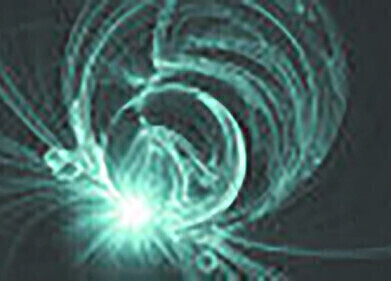LC-MS
Do Fat Cells Hinder Chemotherapy? — Chromatography Investigates
Jan 12 2018
Cancer – “the big C” – is the biggest killer across the world when considered collectively. The likes of lung, liver, stomach and breast cancer kill millions each year. Which is why doctors and researchers are constantly seeking ways to fight back against this killer. One of the conventional methods used to treat cancer patients is chemotherapy. However, new research suggests that this commonly used method may be hindered by fat cells in the body. Read on as we explore the link between fat and chemotherapy.
How does chemotherapy work?
Put simply, chemotherapy is the use of chemicals, or drugs, to destroy cancerous cells. These anti-cancer drugs deter the growth of cancerous cells, eventually causing them to die. Anti-cancer drugs come in many forms, each used against different types of cancer cells:
- Alkylating agents
- Plant alkaloids
- Anti-tumour antibiotics
- Antimetabolites
- Topoisomerase inhibitors
- Miscellaneous antineoplastics
Daunorubicin falls under the anti-tumour antibiotics category — and is used to treat acute myeloid leukaemia and acute lymphocytic leukaemia. More specifically, daunorubicin is an anthracycline, which have four mechanisms to kill cancerous cells. Anthracycline are considered one of the most effective anti-cancer treatments and work against more cancer types than any other form of chemotherapy.
Is chemotherapy being blocked?
To work however, chemotherapeutic drugs need to be able to reach the cancerous cells after entering the body. Research has shown that obesity is linked with poorer outcomes from chemotherapy treatment. Thus far, however, scientists are unaware as to why.
To study this link, scientists from UCLA Mattel Children's Hospital cocultured acute lymphoblastic leukemia cells with fat cells, known as adipocytes. These cells were treated with daunorubicin. Using flow cytometry and liquid chromatography mass spectrometry, they were able to measure the presence of daunorubicin in the samples, and compare with controls that had no adipocytes. Similar methods are discussed in the article ‘LC-MS/MS and GC-MS/MS Multi Residue Pesticide Analysis in Fruit and Vegetable Extracts on a Single Tandem Quadrupole Mass Spectrometer’
Metabolising anti-cancer drugs
The scientists found that adipocytes reduced the levels of daunorubicin in the cancerous cells. By absorbing the daunorubicin, adipocytes allowed leukemia cells to survive and proliferate better. How? They metabolized the drug, changing its structure and making it far less toxic to the cells it was targeting.
The finding that human fat cells can metabolize and inactivate a chemotherapy is novel and surprising," said Steven Mittelman, lead author of the study. ‘This is important for leukemia and a lot of other cancers that grow in the bone marrow or around fat cells, since that means that fat cells might remove chemotherapy from the environment and allow the cancer cells to survive.’
Events
Apr 22 2025 Kintex, South Korea
Analytica Anacon India & IndiaLabExpo
Apr 23 2025 Mumbai, India
Apr 27 2025 Portland, OR, USA
May 11 2025 Vienna, Austria
May 18 2025 Tempe. AZ, USA












